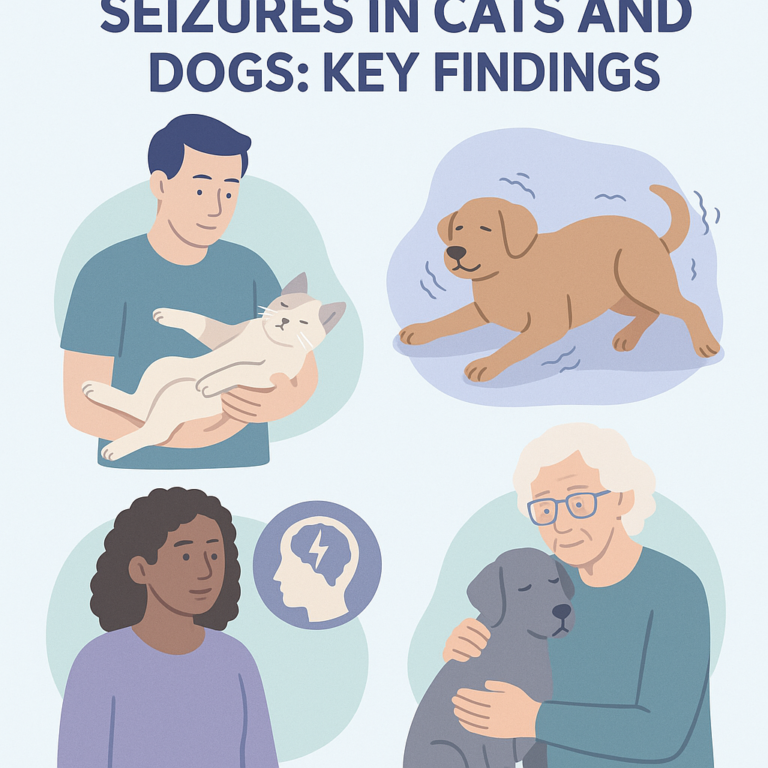Symmetrical Claustrum Sign Helps Diagnose Pediatric Epilepsy
This study looked at a specific brain imaging sign called the symmetrical claustrum sign (SCS) in children diagnosed with febrile infection-related epilepsy syndrome (FIRES).

This study looked at a specific brain imaging sign called the symmetrical claustrum sign (SCS) in children diagnosed with febrile infection-related epilepsy syndrome (FIRES).

In a study involving 249 children who experienced new-onset bilateral tonic-clonic seizures, researchers aimed to understand how different diagnostic methods could help classify the type of seizures.

Researchers studied how remote follow-up care, like video or phone visits, can help manage pediatric epilepsy.

This study looked at the safety and effectiveness of a medication called cenobamate in children and teenagers under 18 years old who have epilepsy that does not respond well to other treatments.

Researchers studied how to reduce bias in large language models (LLMs) used for clinical decision-making in epilepsy.

This study looked at the types and causes of seizures in cats and dogs.

This study looked at two types of epilepsy that can occur in infants: infantile epileptic spasms syndrome (IESS) and self-limited infantile epilepsy (SeLIE).

This study looked at how two treatments, vagus nerve stimulation (VNS) and epilepsy surgery (ES), affect the use of seizure medications in children with drug-resistant epilepsy (DRE).

Researchers studied the connection between clock genes, which help regulate our body’s daily rhythms, and epilepsy.